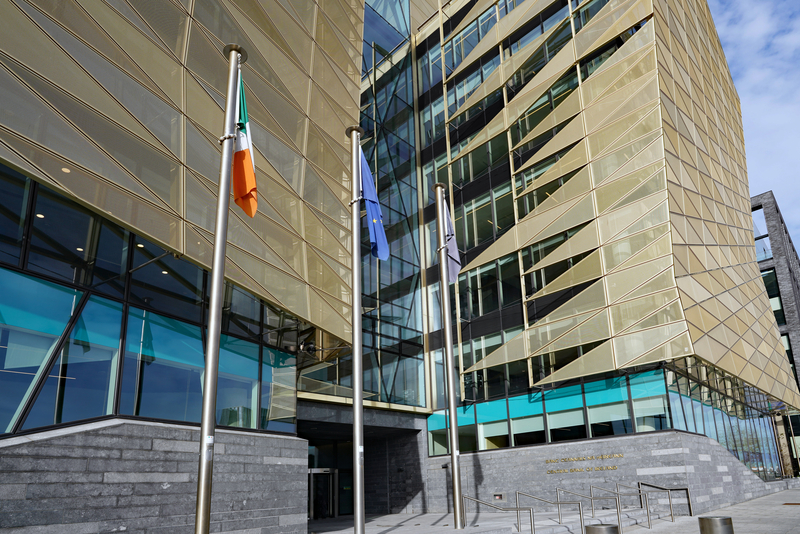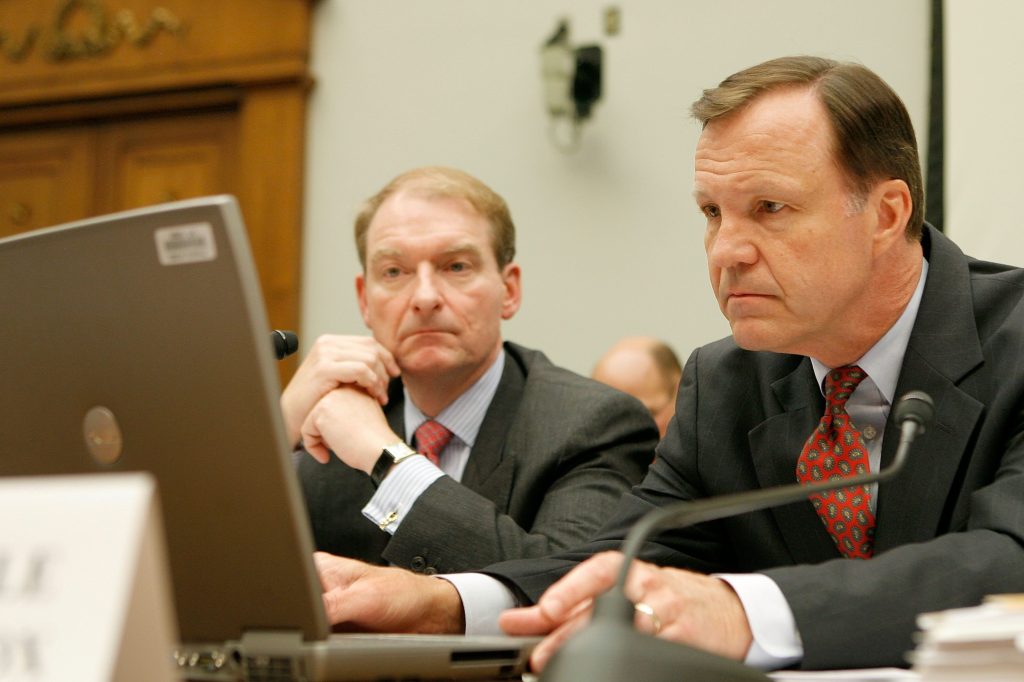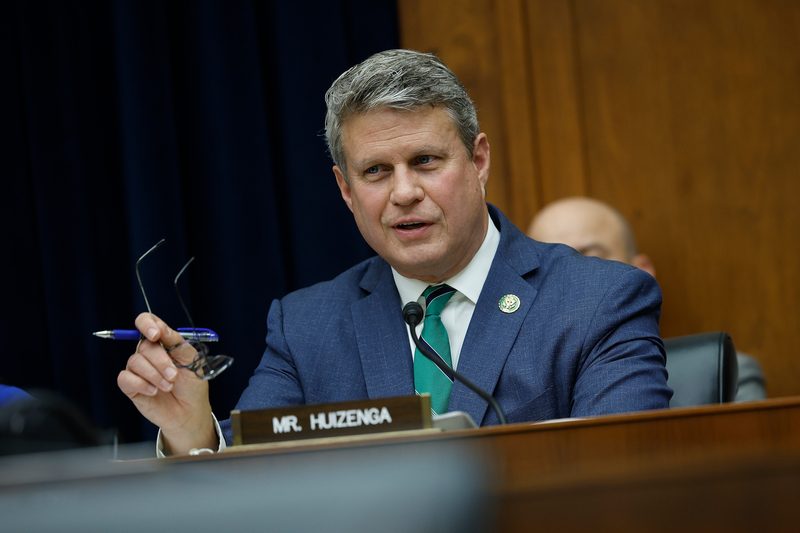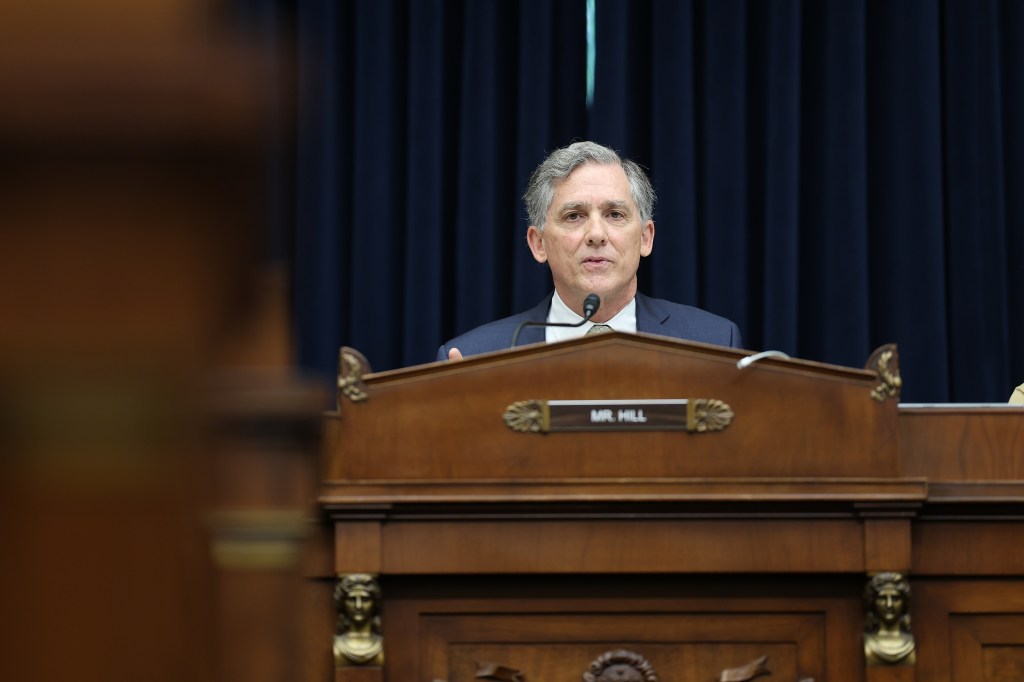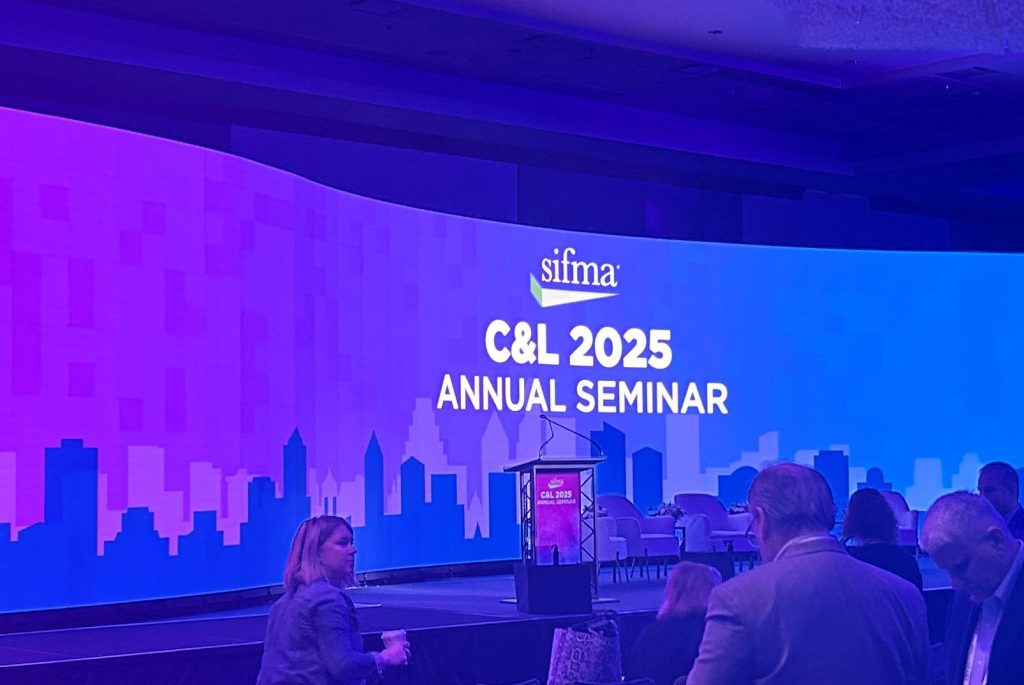Whether by coincidence or some other reason, an eye-catching number of insider trading cases have recently been made public.
Insider trading is a difficult crime to prove. The underlying act of buying or selling securities is legal activity, and it is only what is in the mind of the trader that can make this legal activity a prohibited act of insider trading. In criminal cases where the burden of proof is “beyond a reasonable doubt”, the task for the prosecution is pretty steep.
The cases that follow involve civil charges brought by the SEC under the antifraud provisions of the Securities Exchange Act of 1934, namely, Sections 10(b) and 10(b)-5, as well as criminal charges, in which federal prosecutors collectively charged 10 defendants with securities fraud and other related charges.
The stockbroker and CCO
The SEC announced insider trading charges against Jordan Meadow, a registered representative for a New York-based broker-dealer, and Steven Teixeira, the Chief Compliance Officer of an international payment processing company. The charges revolve around their trading based on the material nonpublic information (MNPI) that Teixeira obtained from his girlfriend’s laptop while she was working at home during the Covid-19 pandemic.
The SEC’s complaint alleges that Teixeira accessed MNPI on possible upcoming mergers and acquisitions of public companies from the laptop of his girlfriend, who was employed at a prominent New York-based investment bank.
The charges revolve around their trading based on the material nonpublic information (MNPI) that Teixeira obtained from his girlfriend’s laptop while she was working at home.
As alleged, Teixeira then used the information to purchase call options on several issuers ahead of the announcement of the deals and tipped the information to his friends, including Meadow, so that they could trade as well.
The scheme allegedly generated illicit profits of approximately $28,600 for Teixeira, while Meadow made more than $730,000. Additionally, according to the complaint, Meadow recommended trades to his brokerage customers based on the MNPI from Teixeira, resulting in millions of dollars in profits for them and hundreds of thousands of dollars in commissions for Meadow.
The SEC’s complaint charges Teixeira, of New York, and Meadow, of New Jersey, with the antifraud provisions of the Securities Exchange Act, and it imposes permanent injunctive relief, disgorgement, and civil penalties on them, plus bars both individuals from serving as officers or directors of public companies.
In a parallel action, the US Attorney’s Office for the Southern District of New York (SDNY) just announced criminal charges against Meadow and Teixeira.
The ex-Pfizer employee
The SEC also announced insider trading charges against Amit Dagar, a former Pfizer Inc. employee, and his close friend and business partner, Atul Bhiwapurkar, for trading in advance of the company’s announcement that a randomized, double-blind study of its Covid-19 antiviral treatment, Paxlovid, was successful.
Following that announcement, in which Pfizer’s CEO referred to the news as a “game-changer” in the global efforts to “halt the devastation” of the pandemic, the company’s stock price increased by nearly 11%, the largest single-day price move in the stock since 2009.
According to the SEC’s complaint, Dagar was a senior statistical program lead for the Paxlovid drug trial, which began in July 2021 as part of the company’s efforts to address the global health pandemic.
On the day before the Paxlovid announcement, the complaint alleges, Dagar acquired MNPI about the success of the trial. Specifically, the SEC alleges that Dagar’s supervisor informed him via chat that “we got the outcome,” there was a “lot of work lined up”, and that there would be a “press release tomorrow”, to which Dagar responded with “oh really” and “kind of exciting.”
Several hours after that exchange, Dagar allegedly purchased short term, out-of-the-money Pfizer call options, including options that expired the very next day, and then tipped Bhiwapurkar, who also purchased similar call options in Pfizer. The complaint alleges that Dagar’s and Bhiwapurkar’s trading generated approximately $214,395 and $60,300 respectively in illicit profits.
In a parallel action, the SDNY announced criminal charges against Dagar and Bhiwapurkar.
The police chief
The SEC also said it had filed insider trading charges against five individuals, including a police chief in Dighton, MA, arising from trading before the announcement of a tender offer by Alexion Pharmaceuticals Inc. to acquire Portola Pharmaceuticals Inc. in May 2020.
Four of the defendants traded on MNPI obtained, directly or indirectly, from the fifth defendant, realized more than $2.3m in ill-gotten gains and tipped others who realized more than $1.7m in trading profits.
According to the SEC’s complaint, Joseph Dupont was a vice president and part of the acquisition team at Alexion when he knowingly or recklessly tipped confidential information about the acquisition to his close friend Shawn Cronin, the police chief.
Cronin allegedly then provided the information to Jarett Mendoza, another close friend, and to family friend Stanley Kaplan, who provided advice to Cronin on trading strategies. In turn, Kaplan allegedly provided the information to his friend and colleague, Paul Feldman.
After realizing their profits, Kaplan texted Feldman in Russian: “Let’s hope our golden goose will continue laying golden eggs!”
The SEC’s complaint alleges that Cronin, Mendoza, Kaplan, and Feldman purchased Portola stock and/or out-of-the money call options prior to the announcement, on the basis of the MNPI they received. The complaint further alleges that Kaplan and Feldman passed the information on to other family members and friends, who profitably traded. On the day of the acquisition announcement, Portola’s stock price increased more than 130%.
After realizing their profits, Kaplan texted Feldman in Russian, “Let’s hope our golden goose will continue laying golden eggs!”
The SDNY also announced parallel criminal charges, and the SEC’s complaint seeks officer and director bars against each defendant, in addition to the antifraud rule violation charges.
The board member
The SEC also filed insider trading charges against Bruce Garelick, a former board member of Digital World Acquisition Corporation (DWAC), a special purpose acquisition company (SPAC); Michael Shvartsman and his firm Rocket One Capital LLC; and Gerald Shvartsman for trading in advance of DWAC’s October 2021 announcement that it had reached an agreement to acquire Trump Media & Technology Group Corp (TMTG).
The SEC’s complaint alleges that, after DWAC appointed Garelick as a member of its board of directors in September 2021, Garelick learned about and voted on MNPI regarding the negotiations between DWAC and its merger target, TMTG.
Garelick, who was separately employed as the chief strategy officer at Rocket One Capital, then allegedly shared those updates with his boss, Michael Shvartsman, who in turn shared them with his brother. Each then allegedly purchased DWAC securities on the open market based on the MNPI they learned about DWAC.
The defendants then sold their positions shortly after DWAC announced it had signed a merger agreement with TMTG and collectively realized illicit profits of more than $22.9m from those trades. The complaint further alleges that, despite being a DWAC director and thus having certain reporting obligations, Garelick failed to make the requisite filings relating to his transactions in DWAC securities.
In addition to charges for the antifraud rule violations, the SEC imposed officer and director bars against Garelick and Michael Shvartsman, and the SDNY announced criminal charges against Garelick and the Shvartsman brothers.
Other cases
A federal jury earlier this month convicted Brijesh Goel, a former investment banker at Goldman Sachs Group, of insider trading and obstruction of justice. Over games of squash, Goel tipped off a friend about confidential information on upcoming mergers and acquisitions that Goldman was considering financing, prosecutors said. The SEC brought civil charges against Goel in July last year.
“Insider trading is not a quick buck. It’s not easy money. It’s not a sure thing. It’s cheating. It’s a bad bet. It’s a ticket to prison … You can bet on that.”
Damian Williams, US Attorney
Former Rep. Stephen Buyer (R-IN) was convicted of insider trading after a trial in March, and charged with insider trading by the SEC in June, following allegations that he made timely securities trades based on confidential information he stole while doing consulting work.
In announcing the charges, US Attorney Damian Williams said: “Insider trading is not a quick buck. It’s not easy money. It’s not a sure thing. It’s cheating. It’s a bad bet. It’s a ticket to prison. Because my office, the Southern District of New York, is watching. And we’re working quickly to investigate and prosecute anyone who corrupts our financial markets. And we’ll keep at it as long as it takes. You can bet on that.”
Amendments to Rule 10b5-1
In December 2022, the SEC adopted amendments to Rule 10b5-1 and new disclosure requirements to enhance investor protections against insider trading.
The amendments provide an affirmative defense to insider trading liability and require more comprehensive disclosure about an issuers’ policies and procedures related to insider trading, including quarterly disclosure by issuers regarding the use of Rule 10b5-1 plans and certain other trading arrangements by its directors and officers for the trading of its securities.
Commenting on the amendments, SEC Chair Gary Gensler said: “I believe today’s amendments will help fill those potential gaps. … Anytime we can increase investor confidence in the markets, that’s a good thing. It helps investors decide where to put their money. It lowers the cost of capital for businesses seeking to raise capital, grow, and innovate, and thus facilitates capital formation.”

